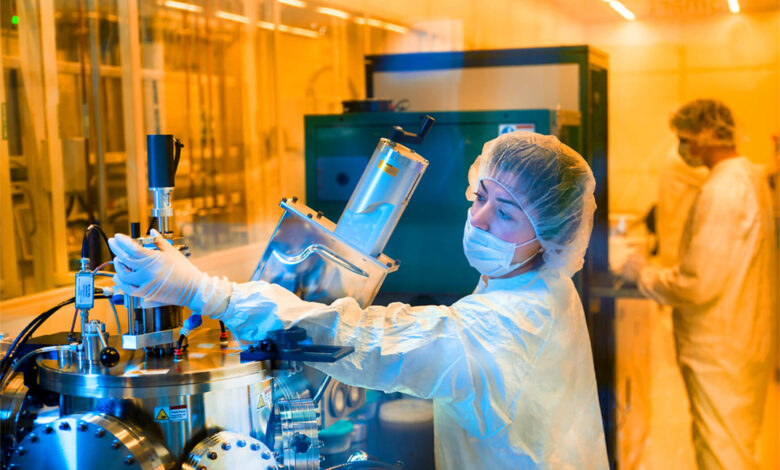Abu Dhabi, Nvidia Launch Middle East’s First AI & Robotics Lab

Abu Dhabi, UAE — In a landmark move, the Technology Innovation Institute (TII), part of Abu Dhabi’s Advanced Technology Research Council (ATRC), has partnered with NVIDIA to establish the region’s first joint laboratory dedicated to both artificial intelligence (AI) and robotics. Named the TII‑NVAITC (NVIDIA AI Technology Center) Joint Lab for AI & Robotics, it is the first center of its kind in the Middle East.
What Is It?
-
The lab will combine TII’s multidisciplinary research capabilities in AI, autonomous systems, high‑performance computing, and robotics, with NVIDIA’s expertise in accelerated computing platforms.
-
Among its research priorities are humanoid robots, robotic arms, four‑legged robots, and advanced AI models able to work in complex real-world environments.
-
The lab will make use of NVIDIA’s Thor chip, an edge GPU designed for advanced robotics and AI systems.
Key Players & Ceremony
-
The agreement was signed at a ceremony at TII’s headquarters in Abu Dhabi. On the TII side, Dr. Najwa Aaraj, CEO, represented the institute. On NVIDIA’s side, Marc Domenech, Regional Director for the META (Middle East, Turkey & Africa) region, was among those signing.
-
Other senior figures present include Shahab Abu Shahab (Director General, ATRC), Abdulaziz Al Dosari (Executive Director of Support Services, ATRC), John Josephakis (Global VP of Sales & Business Development for HPC/Supercomputing at NVIDIA), and Simon See (Global Head of NVIDIA AI Technology Centre).
Why It Matters
-
This is the first NVAITC lab in the Middle East with robotics as a core component, marking a significant milestone for the region’s tech ambitions.
-
It aligns with the UAE’s strategy to strengthen its position as a global AI and robotics hub, boosting technological sovereignty.
-
The lab will not only drive R&D but also contribute to practical applications in sectors such as autonomous systems, manufacturing, smart infrastructure, health, defence, and more.
Challenges & Outlook
-
Scaling from prototype robotics (arms, humanoids, etc.) to robust, widely deployable systems will require overcoming technical, regulatory, and ethical challenges.
-
The lab must ensure there are enough skilled researchers, engineers, and technicians in the UAE and region to carry out ambitious projects. Talent development is key.
-
Export‑controls, chip access, supply chain integrity (especially for specialized hardware) remain sensitive issues in the global AI ecosystem.



